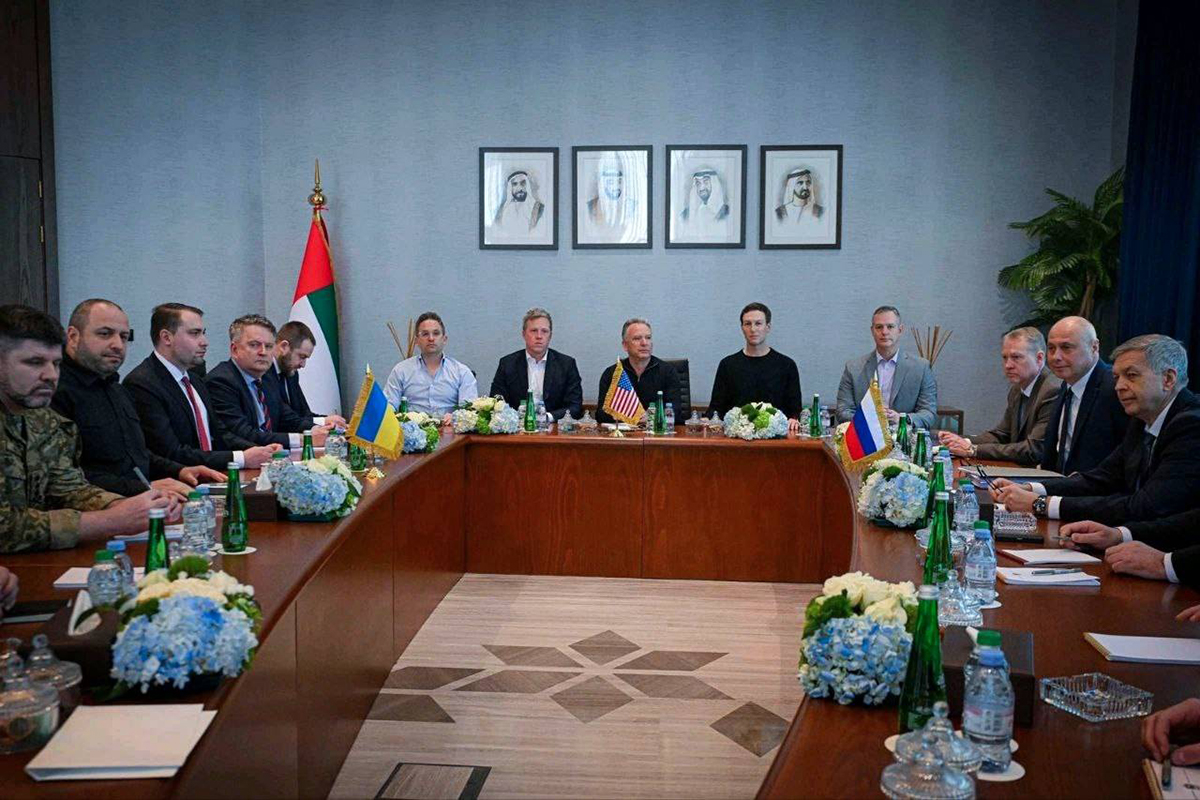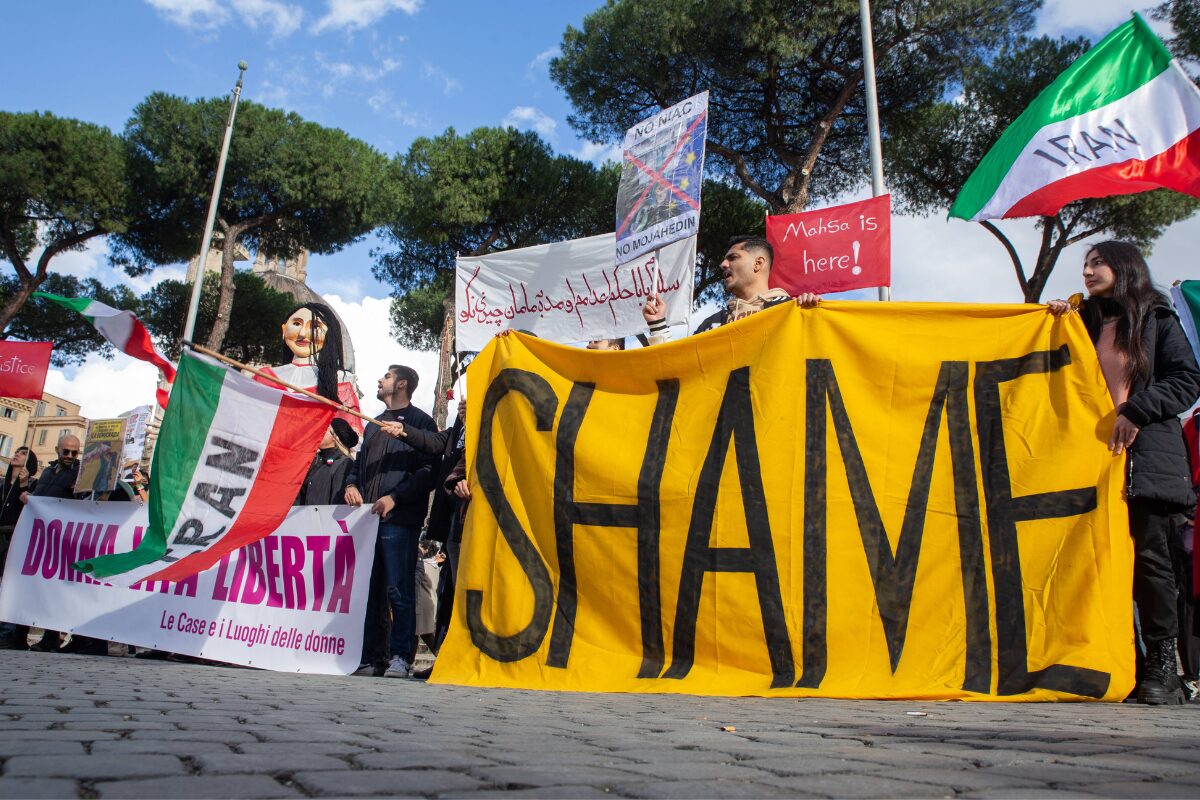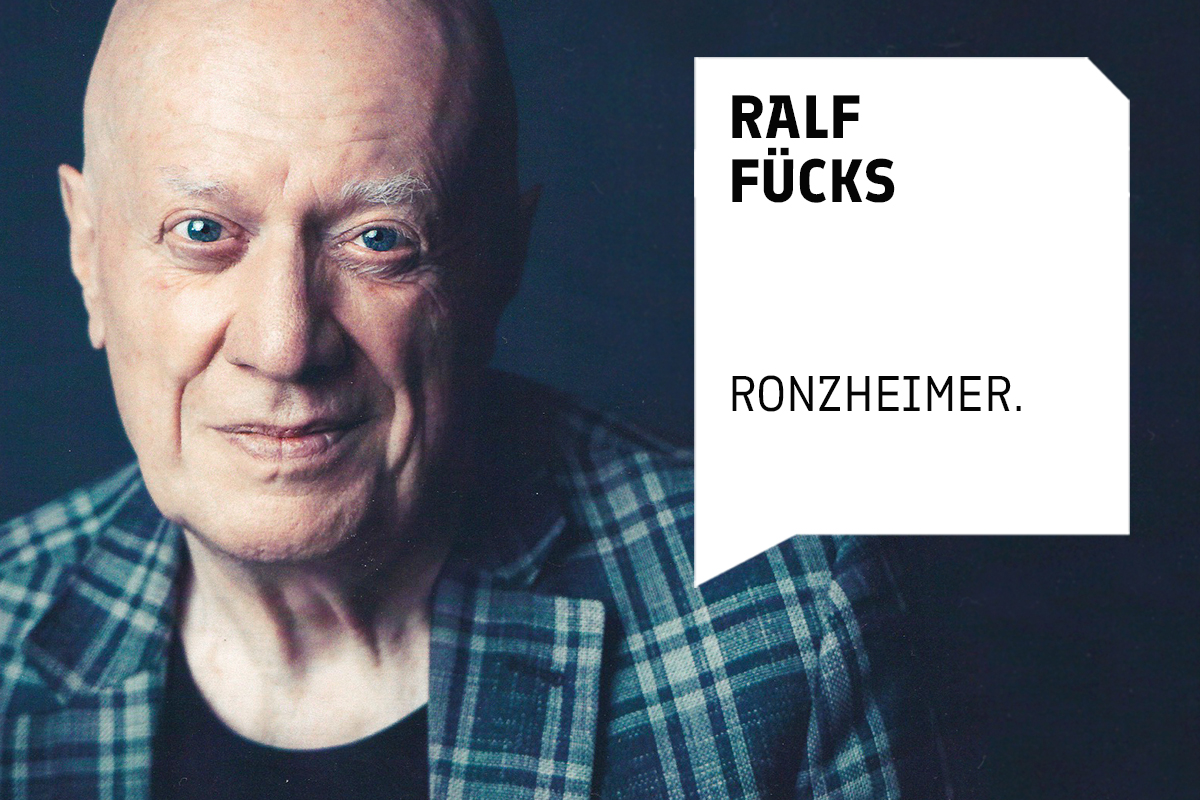Moldaus Weg in die EU nach dem Referendum und den Präsidentschaftswahlen

Das EU-Beitrittsland Moldau steht weiterhin vor großen sicherheitspolitischen und wirtschaftlichen Herausforderungen. Unsere Expertin, Natalia Stercul, APE, analysiert die Hindernisse auf den europäischen Weg Moldaus, sowie die politische Lage nach dem Referendum und den Präsidentschaftswahlen. Ferner warnt sie vor der zunehmend steigenden Einflussnahme Russlands bei den kommenden Parlamentswahlen in 2025, denn das Ergebnis der Parlamentswahlen würde die EU-Integration des Landes maßgeblich mitbestimmen.
EU enlargement and the struggle to preserve democratic sustainability under conditions of unprecedented geopolitical turbulence form the main context of the internal political transformations taking place in Moldova. The latest stage on Moldova’s European path is associated with several difficulties. Some of these originate within the country, difficulties in the reform process itself, while others have external sources, chiefly, Russia’s interference in Moldovan electoral processes, which is undermining democratic development and hindering Moldova’s rapprochement with the EU. Before it had had time to subside, the international public outcry over the results of the referendum on EU accession in Moldova was replaced by the shock effect of a new wave of the country’s energy crisis, which is not having the best impact on the image of the pro-European authorities. In the run-up to the parliamentary elections in 2025, an increase in energy prices, which will further aggravate a situation that is already hard to bear, may result in discontent and “protest moods” in the populace that do not bode well for the authorities. Hybrid threats, attacks and challenges continue to be integral to the Russian Federation’s policy towards Moldova. Russia’s tactics are difficult for Moldovan authorities to control or prevent, including through preventive measures on the eve of the election campaign. Moreover, the Transnistrian conflict continues to remain unresolved: no progress has been made towards the reintegration of the Transnistria into Moldova. Security, economic, energy and information challenges pose serious obstacles to reforms and transformations in the country.
Opening of negotiations – a new stage on Moldova’s European path
With the opening of EU accession negotiations in June 2024, Moldova entered a new stage on its European path. July saw the launch of the bilateral screening process, on the basis of which the European Commission will prepare reports assessing Moldova’s level of readiness to open negotiations for each chapter. This process involves complex technical and administrative efforts to amend hundreds of regulations and create new institutions, as well as to establish mechanisms to bring national legislation, standards and institutions in line with European standards. Since July, Moldova has managed to address seven chapters. The negotiation process for the first cluster, which contains chapters related to the “fundamentals”, is scheduled to start in the first half of 2025.
The EU integration process is complex and is influenced to a high degree by its political, economic and regional context, which is currently characterized by an extremely high level of turbulence. In addition, the process will require considerable effort, time and human resources on the part of Moldova, which is already acutely feeling a shortage of the latter. It will also require a high level of professionalism in various fields, as well as the ability to utilize, properly and in a timely fashion, the financial resources allocated for the implementation of reforms. How fast Moldova advances through the negotiation process will depend mainly on how strong the political will to do so is, the administrative capacity of the authorities in Chisinau and the pace of progress in meeting the accession criteria and implementing key reforms, especially in the area of justice and anti-corruption. This latter area is one in which Moldova is having particular difficulty, despite some progress noted by the European Commission.
The EU has strict rules regarding the granting of preferences. The negotiating framework that the EU established for Moldova specifically authorises the European Commission to recommend the suspension of negotiations in the case of a serious and persistent breach of the values on which the Union is based, either on its own initiative or at the justified request of a Member State. A recommendation of this kind would be accompanied by a proposal formulating conditions for a resumption of negotiations. Should the Council suspend the negotiations, the Commission would be responsible for assessing developments and recommending the resumption of negotiations once Moldova had met all conditions. The work of the leading institutional structures is crucial in the accession negotiation process but much also depends on the internal state of affairs in Moldovan politics, in particular the distribution of political forces in Parliament as a result of Moldova’s forthcoming parliamentary elections in 2025. The ability to counter external influence from Russia will be crucial.
Russia constitutes the chief source of external challenges along Moldova’s path to the EU
Russia continues to wield significant influence in Moldova and support for Putinism in the country persists. In addition to providing additional triggers for political manipulations of the pro-Russian political forces in Moldova and pro-Russian citizens, who support the Kremlin policy and deepening divisions in society, this influence and support act as powerful destabilizing factors, enabling Russia to interfere in electoral processes and undermine democratic processes and Moldova’s progress towards EU accession. Russia also continues to actively exploit opportunities to provide illegal financing to pro-Russian political forces in Moldova. These forces then use the funds to bribe voters, so the funding is a tool to boost the destructive effects of electoral corruption.
Against the background of the struggle between pro-Russian and pro-European forces, Moldova is still considered a country with a hybrid regime, and indicator-based assessments of democratic consolidation in the country still place it in the so-called hybrid zone. This is largely due to the power struggle with pro-Russian political forces supported by Moscow, which seeks to maintain its influence and control over Moldova and prevent it from fully aligning with the EU. This dynamic continues to influence the persistent divisions within Moldovan society.
The recent presidential election in Moldova was an important turning point with respect to the country’s democratic and geopolitical landscape, revealing its internal complexity and vulnerable nature, which pro-Russian forces are exploiting for the purposes of political manipulation. This poses a serious challenge to Moldova’s European aspirations. The geographic distribution of votes “for” and “against” accession to the EU in the referendum clearly reveals the full scale of the outreach work that must be done in the coming years, which will necessarily include strengthening strategic communication with populations living in the north and south of the country, as well as the adjacent territories of the security zone bordering the Transnistrian region.
Challenges in the field of energy security
While Russia has used energy blackmail against Moldova on numerous occasions, the current energy crisis in Moldova is the most severe the country has faced in the years of its existence as independent state. The crisis resulted from Russia’s full-scale invasion of Ukraine and ongoing attacks on the Ukrainian energy infrastructure, in combination with a number of other factors. The search for opportunities to diversify energy resources and mitigate the consequences of the energy crisis has already begun. The assistance of European partners in this process has played and continues to play a crucial role in maintaining the state’s viability and functionality. In the current year, 2024, Moldova joined in the efforts to integrate the Romanian, Moldovan and Ukrainian electricity systems, a project leading to a further diversification of Moldova’s energy flows, as well as support for Ukraine’s energy supply, . In May 2024, the United States provided additional financial resources to Moldova through cross-sectoral cooperation to support energy development, including but not limited to cybersecurity. This follows significant investment by the U.S. government in Moldova’s energy sector. Moreover, the continued support from the European Union, the World Bank and other foreign partners is essential for Moldova’s energy future. Despite progress towards energy diversification, substantially increased energy prices have had a negative impact on the Moldovan economy. The consequences for the population of the ongoing reform in Moldova’s energy sector have been dire, as the increase in gas and electricity prices in line with European standards has placed an unbearable burden on the Moldovan population. This has caused an increase in discontent and anti-government sentiment, which was reflected in the results of the referendum and the 2024 presidential elections. After the presidential elections, Moldova was faced with a new round of the energy crisis, which has plunged the country into a very vulnerable position during the winter heating season. Pricing policy issues will be decisive in the search for alternative solutions to regulate the crisis. On 16 December 2024, Moldova officially came under a state of emergency in the field of energy. All this has negative impacts on the image of the pro-European authorities. Thus, the issue of the energy supply in Moldova one of the most powerful political resources, as well as a matter of the physical supply of resources: pro-Russian candidates run on platforms promising a return to lower energy prices, thereby manipulating public opinion, fuelling popular discontent and creating the basis for anti-government sentiment.
Hybrid challenges and threats
Hybrid challenges pose a significant obstacle to advancement along the path into Europe. In the current context, social media rapidly pick up and replicate political propaganda, creating fundamentally new effects of hybrid risk perception. During the 2024 presidential elections, state institutions came under hybrid attacks. Numerous manipulation tactics, elements of black PR, and disinformation were used to tarnish the image of the Moldovan president and to disrupt the referendum on EU accession. The criminal group “Shor” continues its campaign to destabilize Moldova, actively using social networks to this end. Though measures have been taken to counteract this, it is not possible to do so to a sufficient degree. Moldova is being subjected to a set of actions of hybrid influence involving the use of the organized crime rings and platforms registered in other jurisdictions, backed by particularly big budgets provided by Russia. It is quite clear that Moldova will be affected by direct aggression aimed at the parliamentary elections slated for 2025.
Unresolved Transnistrian conflict as an obstacle to Moldova’s path to EU membership
The Transnistrian region, which is not under the control of Chisinau, continues to be a significant obstacle on Moldova’s path to the EU. Of course, there is precedent for EU entry by states with unresolved territorial conflicts, but maintaining unity when joining the EU is important from the perspective of the territorial integrity of Moldova. Russia has never neglected the Transnistrian region: it has used its soft power constantly to fuel the prevailing mood, creating obstacles to the country’s reintegration. This can be expected to continue for the near future, as Russia would not ignore the loss of control over Transnistria. The Moldovan authorities, well aware that any intensification of the Transnistrian conflict would bring with it a raft of unpredictable consequences, remain extremely cautious and limited in their actions. Nonetheless, any exclusively diplomatic and peaceful resolution of the conflict would require the reintegration of the region and its demilitarization through the withdrawal of Russian troops from the territory of the unrecognized republic. Much depends on what happens in the war in Ukraine. The best of the scenarios that appear possible at this time would be that negotiations between Russia and Ukraine on ending hostilities might create a window for negotiations on the withdrawal of Russian troops from Transnistria and the establishment of an EU mission there.
Thus, Moldova has a difficult road ahead. It is crucial that the country remain united on this road and progressively promote the European agenda. There are key steps that must be taken to reduce external influence and to counteract the illegal financing of political formations and forces, as well as to fight electoral corruption. The outcome of the parliamentary elections in Moldova will largely determine the country’s future along the European path, the timeframes for moving along this trajectory towards EU accession, i.e. the speed and possibilities of realizing the commitments undertaken and for meeting EU criteria.
![]()
Hat Ihnen unser Beitrag gefallen? Dann spenden Sie doch einfach und bequem über unser Spendentool. Sie unterstützen damit die publizistische Arbeit von LibMod.
Spenden mit Bankeinzug
Spenden mit PayPal
Wir sind als gemeinnützig anerkannt, entsprechend sind Spenden steuerlich absetzbar. Für eine Spendenbescheinigung (nötig bei einem Betrag über 200 EUR), senden Sie Ihre Adressdaten bitte an finanzen@libmod.de
Verwandte Themen
Newsletter bestellen
Mit dem LibMod-Newsletter erhalten Sie regelmäßig Neuigkeiten zu unseren Themen in Ihr Postfach.





